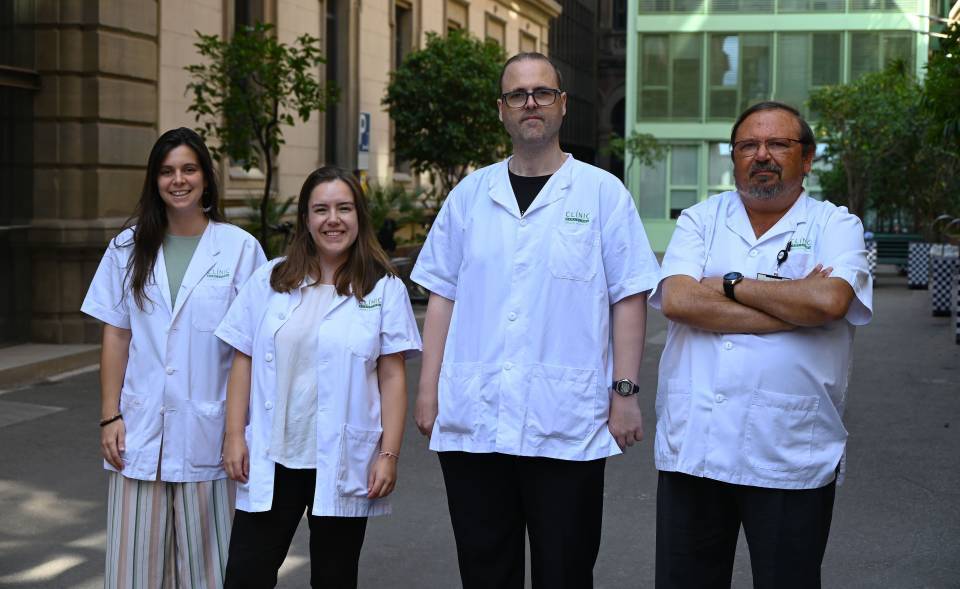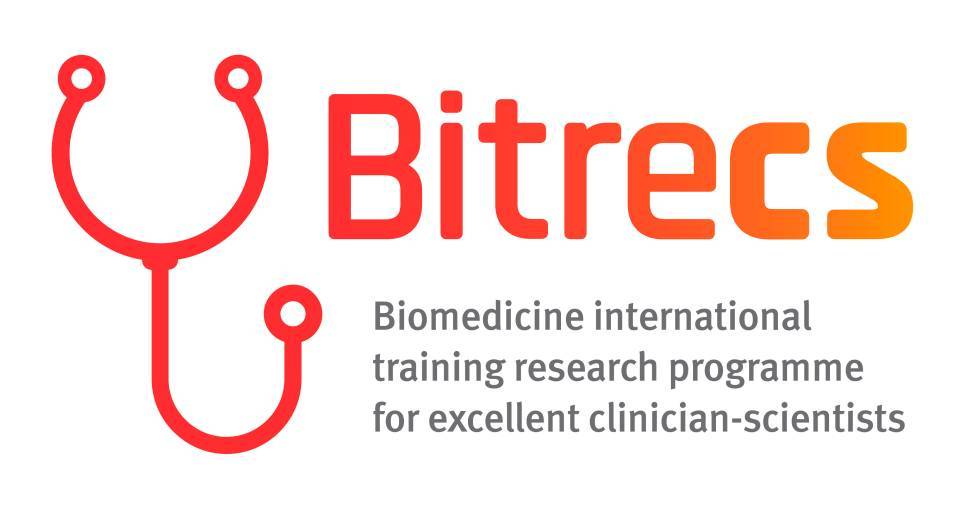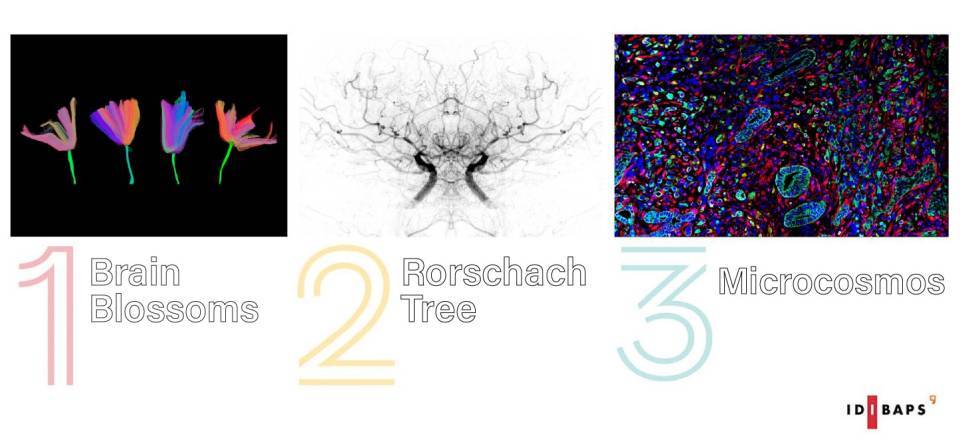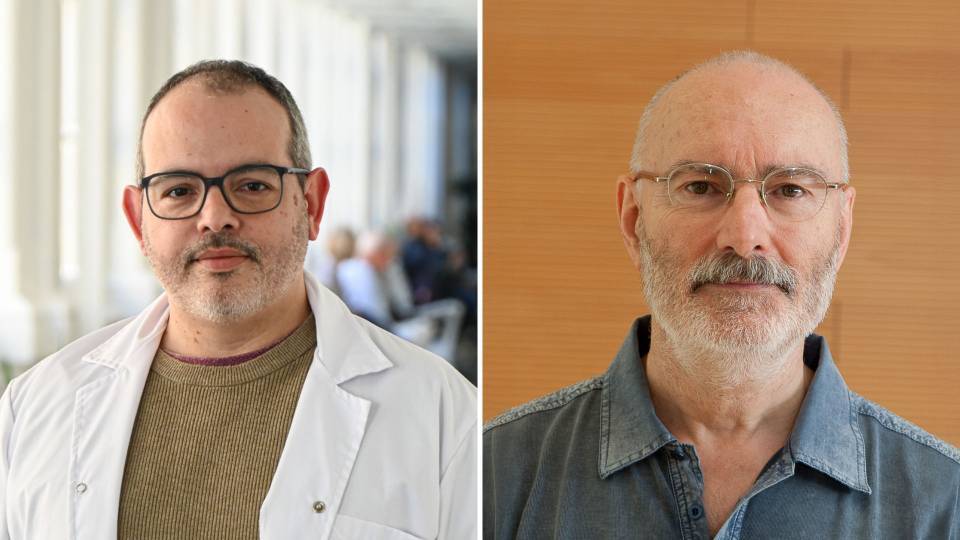Inflammation of the liver is often associated with the development of chronic liver diseases. One of the cell types involved in the progression of these diseases are macrophages. In fact, the activation of these cells in the immune system is an indicator of the probability of survival of patients with cirrhosis. “However, macrophages also participate in tissue regeneration. Therefore, we must find strategies that enable us to modulate their behaviour and promote resolution of the disease”, explains Pedro Melgar-Lesmes, a researcher in the IDIBAPS group Translational research group in new therapeutic and diagnostic strategies in liver diseases, led by Manuel Morales-Ruiz, who replaced Wladimiro Jiménez in late 2022.
Melgar-Lesmes led a study published in the journal Science Translational Medicine that identifies the protein RNF41 as a key factor in controlling inflammation and fibrosis and regenerating the liver. “In macrophages isolated from samples taken from patients with cirrhosis and from mice with fibrosis, the expression of this protein decreases”, says Alazne Moreno-Lanceta, the leading author of the article. “There is also evidence that RNF41 interacts with the receptors of some inflammatory proteins called cytokines, which suggest that chronic inflammation could be responsible for the dropinRNF41 levels. To corroborate this hypothesis, we treated human and murine macrophages in culture with the cytokine TNF-alpha. During the first 24 hours, the expression of RNF41 increased. After this time, however, it decreased significantly”.
These results led the researchers to design gene therapy with graphite nanoparticles to restore RNF41 levels in macrophages. “In mice with liver fibrosis, the treatment reduced the fibrotic area by 86% and promoted recovery of the structure of the liver tissue”, says Melgar-Lesmes. “The expression of RNF41 also favoured the regeneration of hepatocytes. In fact, in healthy mice from which we removed 70% of the liver, the administration of the nanoparticles helped to reconstruct the tissue”.
To finally confirm the role of RNF41, the researchers conducted a series of experiments by completely eliminating the protein, and the results were completely the opposite. Inflammation and liver damage increased, as did mortality among the animals. “The finding seems to indicate that the expression of RNF41 in macrophages regulates inflammation, fibrosis and liver regeneration. This protein could therefore be a new therapeutic target for chronic liver diseases and other diseases characterised by inflammation and fibrosis”, the researcher concludes.
The study, in which Elazer R. Edelman, the director of IMES-MIT, in Massachusetts, USA, was also involved, received funding from the Spanish Ministry of Science and Innovation and from the Ramon y Cajal and Beatriu de Pinós programmes.
Reference article
Moreno-Lanceta A, Medrano-Bosch M, Fundora Y, Perramón M, Aspas J, Parra-Robert M, Baena S, Fondevila C, Edelman ER, Jiménez W, Melgar-Lesmes P. RNF41 orchestrates macrophage-driven fibrosis resolution and hepatic regeneration. Sci Transl Med. 2023 Jul 12;15(704):eabq6225. doi: 10.1126/scitranslmed.abq6225.




